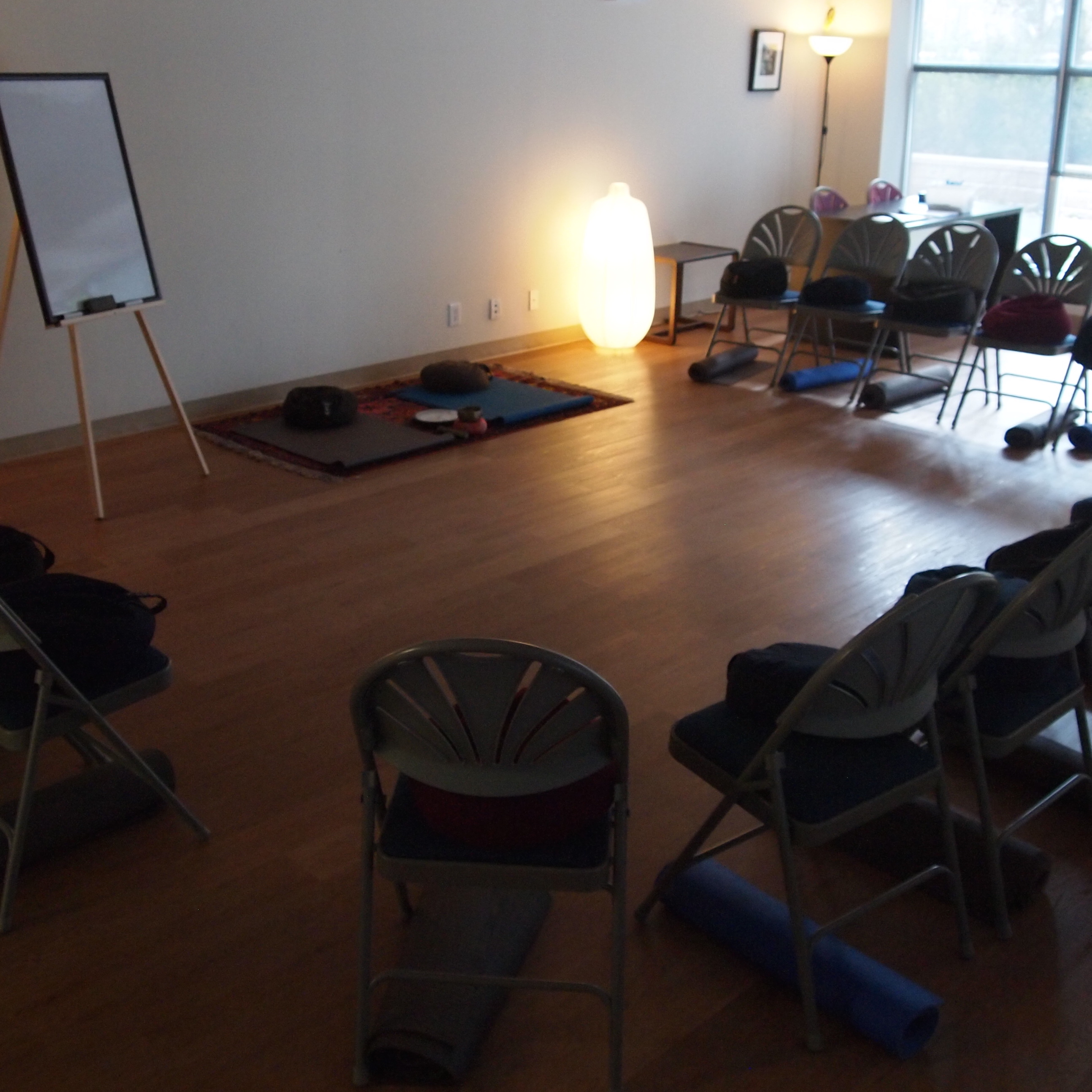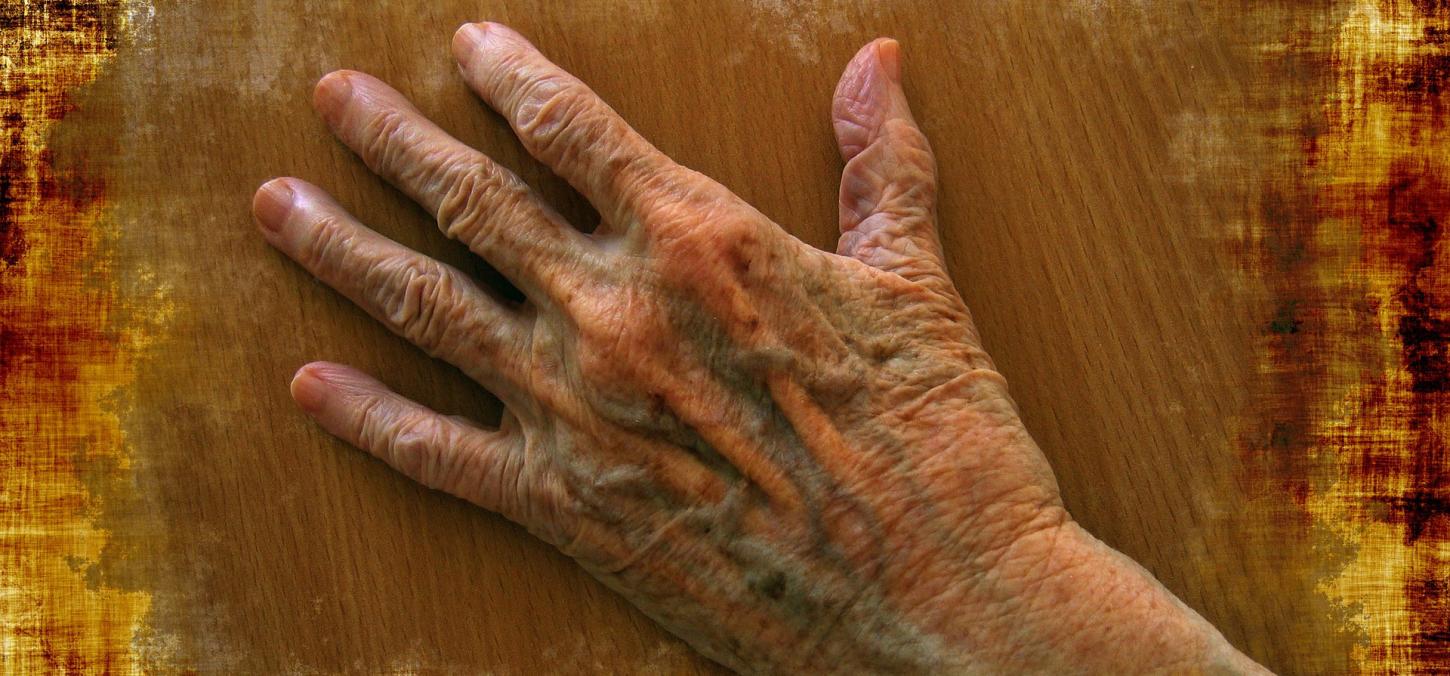You may or may not have heard of cognitive behavioral therapy before. Cognitive behavioral therapy is now a commonly used treatment for a variety of mental health disorders. While Cognitive Behavioral Therapy (CBT) was originally designed to help treat symptoms of depression, it is now being widely used to manage a variety of other medical conditions.
Cognitive behavioral therapy involves behaviors, thoughts and feelings used to create individualized coping skills that are focused on changing unhelpful or destructive thought patterns as well as problem solving and putting thoughts and feelings into perspective.
CBT is quite different from the standard psychotherapies in that, CBT promotes individualized problem solving and follow-up action based on the specific diagnosis of the patient. CBT focuses only on the problems that the patient is aware of, rather than issues that may be in the subconscious of the individual. This assists in building a set of solid coping mechanisms that care custom to the individual and the current medical diagnosis.
Mindfulness based cognitive therapy is somewhat similar to CBT with some differences. Mindfulness based cognitive therapy or (MBCT) combines the practice of mindfulness with behavioral techniques to help the individual come to a better understanding of their thought process.
Where CBT was geared towards solving problems and follow-up actions, MBCT focuses on allowing the individual to better understand and possibly come to better terms with their own feelings and emotions surrounding their condition and their medical diagnosis as a whole.
While MBCT was also originally designed to help with depression, it has since been applied to many other medical conditions such as diabetes, anxiety, eating disorders, epilepsy and chronic pain.
MBCT works to help individual combine traditional cognitive techniques with mindfulness meditation to create a mental checkpoint for negative thoughts, feelings of sadness, as well as certain body sensations such as sluggishness, fatigue and pain. These thoughts and feelings can often trigger the symptoms of depression.
The goal behind Mindfulness based cognitive therapy is to help the individual to recognize themselves as a separate entity from their thoughts, mood and pain. This allows for a sense of liberation for the individual whose thought patterns have been relaying the same negative messages over and over again in their mind.
After taking part in MBCT, the hope is that the individual can now understand that while the idea of them as a person and their own thoughts may exist at the same time, the do not necessarily have to exist in the same dimension. This aids to help neutralize the negative thoughts and emotions, allowing the individual to purposefully interject a more positive thought process when they sense the negative thought seeping in.
MBCT provides an opportunity to teach participants how to use a variety of tools to combat the negative feelings, thoughts and emotions that often accompany many medical conditions, such as chronic pain. This allows the individual to tap in to those newly acquired skills and coping mechanisms in a time of distress, and when faced with difficult circumstances.
In a 2013 study that included 33 females who had been diagnosed with fibromyalgia, researchers concluded that those who were being treated with MBCT exhibited a significant reduction in the impact that fibromyalgia had on them, as well as a drop in symptoms of depression, and a slight decrease to their overall pain sensation compared to their counterparts.
Researchers have also found that those diagnosed with chronic pain, diabetes and cancers may see improvements to their overall well-being when incorporating mindfulness based cognitive therapy into their treatment regimen.
A mindfulness approach promotes a deeper awareness of what is taking place within an individual’s mind, as well as within their body from one moment to the next. This is done in a judgement-free atmosphere to help promote a deeper understanding of the separation between self and thoughts.
Speak with your doctor if you feel that you could be of benefit from a mindfulness based program to help you develop the necessary tools to better cope and manage your condition.












